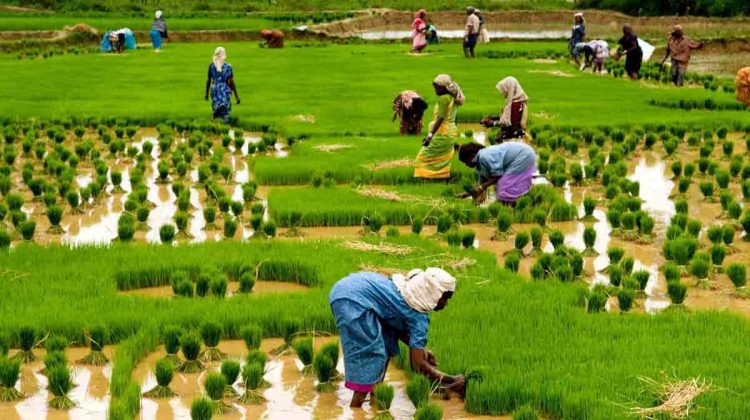Investment
FG Invests N87.2bn in Fertiliser Production

- FG Invests N87.2bn in Fertiliser Production
The Federal Government through the Nigerian Sovereign Investment Authority, which is the agency managing the Sovereign Wealth Fund, will from next week begin the implementation of a fertiliser project that will enable the country to conserve its foreign exchange by about $1.5bn (about N458bn) in the next three years.
Details of the fertiliser project, which were made available to our correspondent on Friday in Abuja, would see the NSIA and its partners invest a total sum of $286.4m (N87.2bn) in the project for blending of one million metric tonnes of fertiliser.
The SWF, which was set up in 2013 with about $1.55bn, has three pots from which investments can be anchored.
The pots are Future Generation Fund, Infrastructure Fund, and Fiscal Stabilisation Fund.
The NSIA had allocated 20 per cent of the fund to the Stabilisation Fund; 40 per cent to the Future Generation Fund and another 40 per cent to Infrastructure Fund.
Just last week, the National Economic Council gave approval that the sum of $250m (N76.3bn) be injected as additional capital to the SWF.
The fertiliser project, it was learnt, was part of the moves by the agency to increase its investment in domestic infrastructure owing to the immense opportunities in that segment of the economy.
The objective of the project is to deliver fertiliser to farmers in time and at a reasonable price of N5,500 per 50kg bag.
This, according to the project document, is a reduction of between 30 per cent and 40 per cent from current price, with deliveries starting from next week from the blending plants in Kaduna.
This, according to the project document, will enable the Federal Government to eliminate subsidy in the fertiliser sale projected to be about N120bn based on the budgetary provision for fertiliser subsidy in 2017.
Cumulatively, about N720bn is expected to be saved through import substitution on fertiliser within the next three years of the implementation of the project and create thousands of jobs by reviving the local blending plants.
The document read in part, “The objective is to deliver fertiliser to farmers in time and at a reasonable price. The target is N5,500/50kg bag.
“For the wet season, we are targeting one million metric tonnes in five batches of 200,000 tonnes each starting in February this year.”
Speaking on the impact of the project on the economy, the Managing Director of NSIA, Mr. Uche Orji, said the country would begin to see massive harvest of agricultural produce.
He added that the agency would be taking over the Nigerian Commodities Exchange under a pre-privatisation investment arrangement, adding that this would enable the NSIA to inject about $10m into the revival of the exchange.
Orji noted that under the arrangement, the NSIA would revive the commodities exchange by adding value to its operations and making it more attractive to investors before its final privatisation by the Bureau of Public Enterprises.
He said with the taking over of the commodities exchange as well as its investment in the fertiliser plant, the agency would be attracting more investments into the agricultural sector, particularly in the area of storage facilities.
He said, “We are working with the BPE on the commodities exchange. The commodities exchange is not operational; we will invest in its operations and use it as a way of creating infrastructure for agriculture, warehouse, storage, silos and have an exchange that works.
“The privatisation of the Nigerian Commodity Exchange between the BPE and the NSIA is expected to be concluded this year at a cost of $10m.”